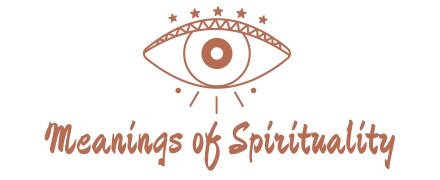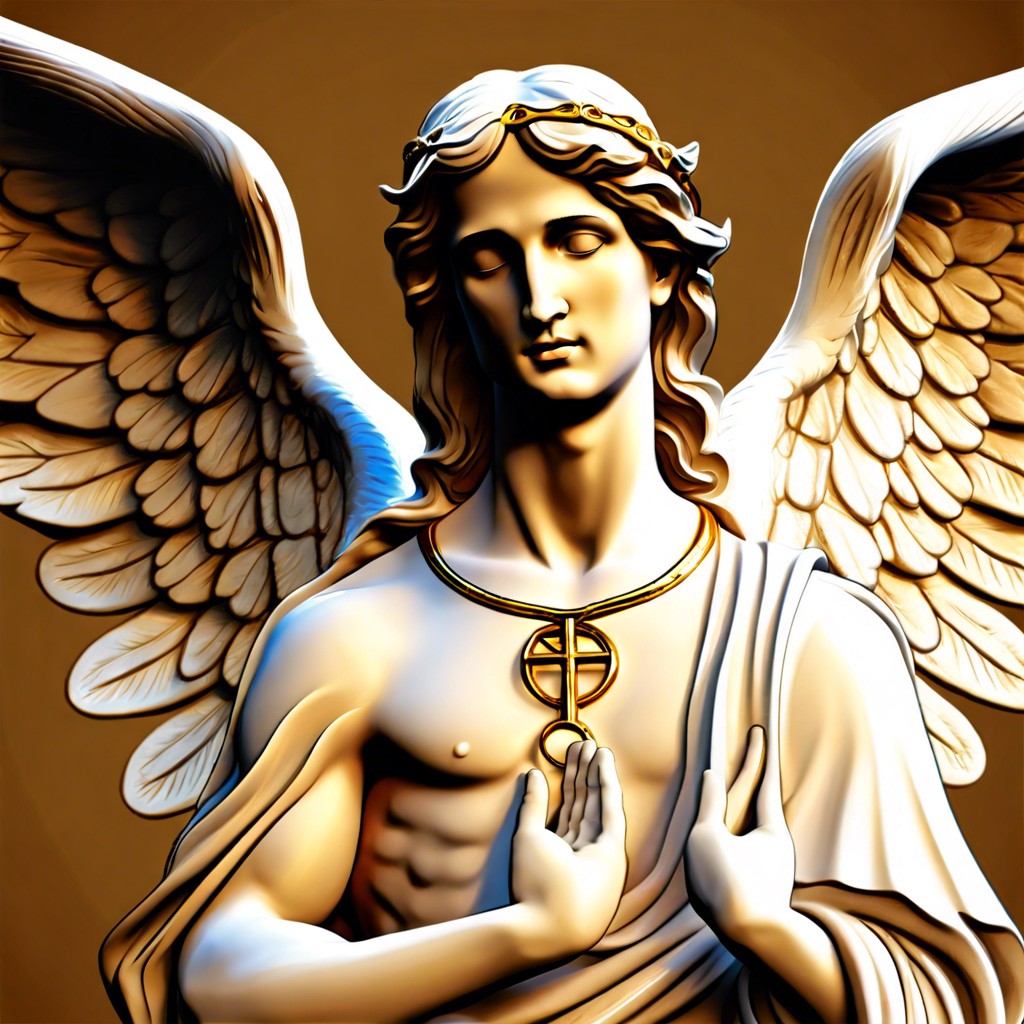In this article, you will learn about the spiritual meaning and symbolism of Zion in the Bible.
Zion in the Bible is a rich tapestry woven with divine presence, salvation, and the promise of a restored kingdom. Delve deeper as we explore Zion’s multifaceted significance—from its symbolism of peace and justice to its role as God’s dwelling place, and its spiritual resonance in the New Testament.
Key takeaways:
- Zion symbolizes divine presence and salvation in the Bible.
- Zion embodies peace, justice, and hope for a restored kingdom.
- Zion in the Bible represents God’s dwelling place on earth.
- Zion is a historical, political, and spiritual center in scripture.
- In the New Testament, Zion signifies spiritual harmony and redemption.
Zion in the Old Testament

In the Old Testament, Zion is initially referred to as the ancient Jebusite fortress that King David conquered, turning it into the City of David. Over time, the term evolved to represent Jerusalem, especially the temple mount, where the first Temple, built by Solomon, stood.
- God’s Dwelling Place: Zion is often depicted as the earthly dwelling place of God, a focal point of divine presence.
- Symbol of Deliverance: Frequently mentioned in Psalms and prophetic books, Zion symbolizes salvation and rescue for the Israelites.
- Vision of Peace: Prophets like Isaiah portray Zion as a place of future peace and divine justice, embodying the hope of a restored, harmonious kingdom.
These multifaceted uses showcase Zion’s importance and profound significance throughout the scriptural narrative.
Symbolism of Zion As God’s Dwelling Place
In biblical literature, Zion frequently appears as a powerful symbol of God’s presence and His eternal dwelling. It’s a representation of divine communion and refuge.
First, Zion signifies a sacred space where God resides among His people. It is viewed as an earthly foothold for the heavenly realm.
Secondly, Zion is depicted as a stronghold of protection and safety. People often look upon it as a place of ultimate security and peace that God’s presence ensures.
Finally, it’s seen as a center of worship and divine revelation. Important prophecies and divine messages are often associated with Zion, linking it to enlightenment and spiritual guidance.
Thus, Zion emerges as more than just a physical location; it embodies spiritual ideals of divine relationship and sanctuary.
Zion and the City of David
David captured the ancient Jebusite fortress, establishing it as the City of David. It represented both a political and spiritual center. Scholars often identify it with Jerusalem’s southeastern hill.
The City of David became synonymous with Zion. It housed the Ark of the Covenant, symbolizing God’s presence. King Solomon later built the First Temple there, enhancing its sacred significance.
Zion’s link with the City of David reflects in many Psalms. They celebrate its role as a divine dwelling. This connection carries profound religious weight, shaping Jewish and Christian thought on sacred geography.
Zion in the New Testament
In the New Testament, Zion takes on a more spiritual significance. It is frequently associated with the heavenly Jerusalem, representing an ideal state of divine harmony.
For example, in Hebrews 12:22-24, Mount Zion is depicted as the city of the living God, a place where angels gather and the righteous are made perfect. This imagery emphasizes a spiritual connection rather than a physical location.
Revelation 14:1 envisions the Lamb standing on Mount Zion, symbolizing the ultimate triumph of good over evil and the gathering of the faithful. This indicates Zion as a place of redemption and eternal peace.
Overall, in the New Testament, Zion points towards a transcendent reality, embodying hope and divine fulfillment. Its portrayal emphasizes a community united in faith, transcending earthly boundaries.
Modern Interpretations of Zion
In contemporary settings, Zion often takes on layered meanings, drawing from biblical roots but extending into broader spiritual and cultural concepts.
Firstly, Zion is frequently seen as a symbol of spiritual aspiration, representing a state of divine connection and moral rectitude. Many view it as an ideal to strive toward in their personal spiritual journeys.
In a cultural context, it often symbolizes a utopian society, where harmony, justice, and peace prevail. This idea resonates deeply within various movements, inviting individuals to envision and work toward a better world.
Lastly, for some, Zion has come to represent a particular community or gathering of the faithful. This can be seen in both religious and secular communities that emphasize unity, purpose, and collective wellbeing.
Understanding these modern layers enriches the concept, making Zion a dynamic and relevant symbol today.





